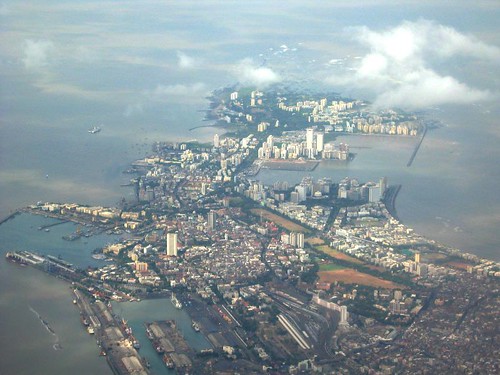CNN: Israeli Cabinet to consider swap with Hezbollah
BBC: Rockets ‘violated Gaza ceasefire’
Reuters: More indirect Israel, Syria talks in July
Background
Israel has been negotiating on two and a half fronts recently. The first front is in the Palestinian territories, but specifically with Hamas in Gaza. The second and a half negotiations were with Hezbollah/Lebanon along with Syria.
Negotiations with Hamas have been ongoing since the 2006 abduction of Israeli soldier Gilad Shalit and after the 2007 coup in which Hamas ousted its rival Fatah and took over the Gaza Strip. The eventual result was a ceasefire for Gaza which began Thursday. No one expected the truce to last long, however. That assertion was only confirmed today when Islamic Jihad militants launched rockets into southern Israel in retaliation for an Israeli air strike in the West Bank, which, if you don’t remember, is not part of the truce.
The second front has been much more interesting, not to mention more peaceful (albeit just for now, but we’ll get into that later). Israel and Syria have finally gotten around to having negotiations over the disputed Golan Heights that Israel captured in the 6 Day War. The talks, which are being mediated by the Turks, have not been completely endorsed by the U.S., which has complicated things, and even led one Israeli general to declare that there will be no deal with Syria until George Bush is out of office.
On the other half of that negotiating front is Lebanon and Hezbollah – Israel has opened up negotiations with both. Why include Lebanon/Hezbollah and Syria together? There can be no peace between Israel and Syria without involving Lebanon and Hezbollah, and there can be no peace between Israel and Hezbollah without involving Syria. Besides, Syria still has de facto control over many parts of the country. This is for many political, religious, and economic reasons, but it is also because Syria has a big hand in the actions of Hezbollah. Well, it appears Syria has given the go ahead for some peace between Israel and Hezbollah: a prisoner swap. Two soldiers captured in 2006 by Hezbollah would be traded for a rumored five Hezbollah guerrillas.
So, to sum up an unnecessarily long background:
- Israel is negotiating with Hamas for peace in Gaza and the return of a captured soldier
- Israel is negotiating with Syria over a peace agreement on the Golan Heights
- Israel is negotiating with Hezbollah, which is supported by Syria, for the return of two captured Israeli soldiers
Peace in Gaza
One thing not mentioned above was the almost imminent incursion that would have surely taken place if it hadn’t been for the ceasefire. Rocket fire had gone on for far too long without the Israeli government truly responding for most Israelis tastes. Therefore, Israel should take this truce as an opportunity to do three things: (a) prepare its military, if necessary, for an incursion; (b) bolster Fatah in the West Bank; (c) open up final peace negotiations with Hamas. If those negotiations failed, and rocket attacks resumed, options a and b would be ready for retaliation against Hamas
Peace in Lebanon
The prisoner swap should go through, and the United States needs to endorse a peace deal between Syria and Israel. Peace is in the interests of all the above countries – Israel would like peace and its ruling politicians any victories; a deal on the Golan Heights has been said to be the ‘number one foreign policy issue’ for Syria; and a peace deal between Israel and Syria would undermine American archenemy Iran.
Political turmoil in Israel
The ruling coalition in Israel has been hit by a number of corruption scandals. Early elections seem likely. However, early elections could put more extreme parties, including the Likud party of right wing hardliner Benjamin Netanyahu. Any successes in Lebanon, Syria, or the Palestinian territories would greatly bolster the current, moderate administration. That would be in our best interests.



